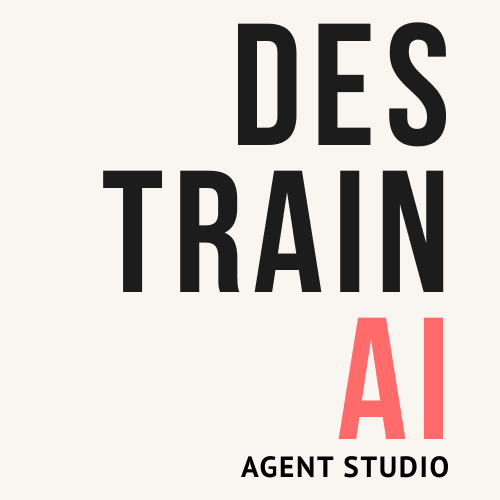Almost Everything Called an "AI Agent" Isn't
JP
According to Gartner, 95% of what's being promoted as "AI agents" aren't actually agents at all.
We're experiencing what Jordan Wilson from Everyday AI podcast brilliantly calls the "overagentification of everything." (E582)
If you're not totally sure about what makes an AI Agent read our previous post What Is an AI Agent? The Definition
The great mislabeling
Simply put, companies are slapping the word "agent" on anything that even touches an LLM. As Wilson points out: "Much of the market hype misuses the term 'agent'. Anything with LLM isn't agent, agentic or even meaningful AI."
But why does this matter to your business?
Because this confusion is creating a massive gap between what businesses think they're buying and what they're actually getting.
What people are asking for
Here's a fascinating insight from Daniel Whitenack, CEO of Prediction, from the Practical AI podcast (E352): "Every time I've actually asked people about what they want with their AI agent, it turns out what they want is either RAG chatbot or automated workflow."
If I had asked people what they wanted, they would have said faster horses.
Think about that. Many businesses can't even imagine yet what agents are capable of. They're missing out on these dynamic assistants and turning instead to incremental upgrades: slightly smarter chatbots accessing company knowledge or predefined automated workflows with a sprinkle of increased capabilities compared to what was done 10 years ago already.
They are valuable tools. They improve efficiency. They save time. A little bit.
Agent's transform whole processes.
The hidden cost of confusion
This mislabeling isn't harmless marketing fluff. When companies label their LLM wrappers "agents" their customers think that "this is it". At the same time they dillute the real possibilities of the actual dynamic agentic shift. They become disillusioned with AI's actual potential. They fall behind competitors who understand the difference.
What does this mean for your business? You might be settling for a chatbot when you could have a digital colleague. You might be buying into the 95% when you should be looking for the 5%.
Why We're Writing This
At Des Train AI, it's crucial that our customers know exactly what they're buying. We've had directors from large companies come to us stating that "Agents are nothing, they will never work". That smells like something a person disappointed with something sold to them as "agent". We can show they work, I'm running multiple agents as we speak.
When we say "AI agent," we mean systems that dynamically figure out how to solve problems using the existing tools and complementing the persons doing the work. Not because it sounds impressive, but because that's the technology that actually transforms businesses. Setting the right expectations upfront means you get the transformation you're investing in, not another disappointment dressed up in AI buzzwords.
How to Spot the Real Thing
Here's your quick test. Ask your vendor: "Does this system decide HOW to accomplish tasks, or does it follow predetermined steps?"
If they start talking about workflows, templates, or configurations you're probably looking at the 95%, not the 5%.
Real agents don't need you to spell out every step. They figure out how to achieve the outcome you want. That's the transformative difference.
The Path Forward
Our mission is to complement people’s work with AI agents that help amplify the businesses they build.
Why? Because when businesses understand what real AI agents can do: dynamically solving problems, taking ownership of processes, adapting their approach based on context, it changes everything.
The technology for genuine AI agents exists today. One of the challenges is cutting through the "overagentification" to find it.
Ready to join the 5% using real AI agents? Contact us to see the difference.
